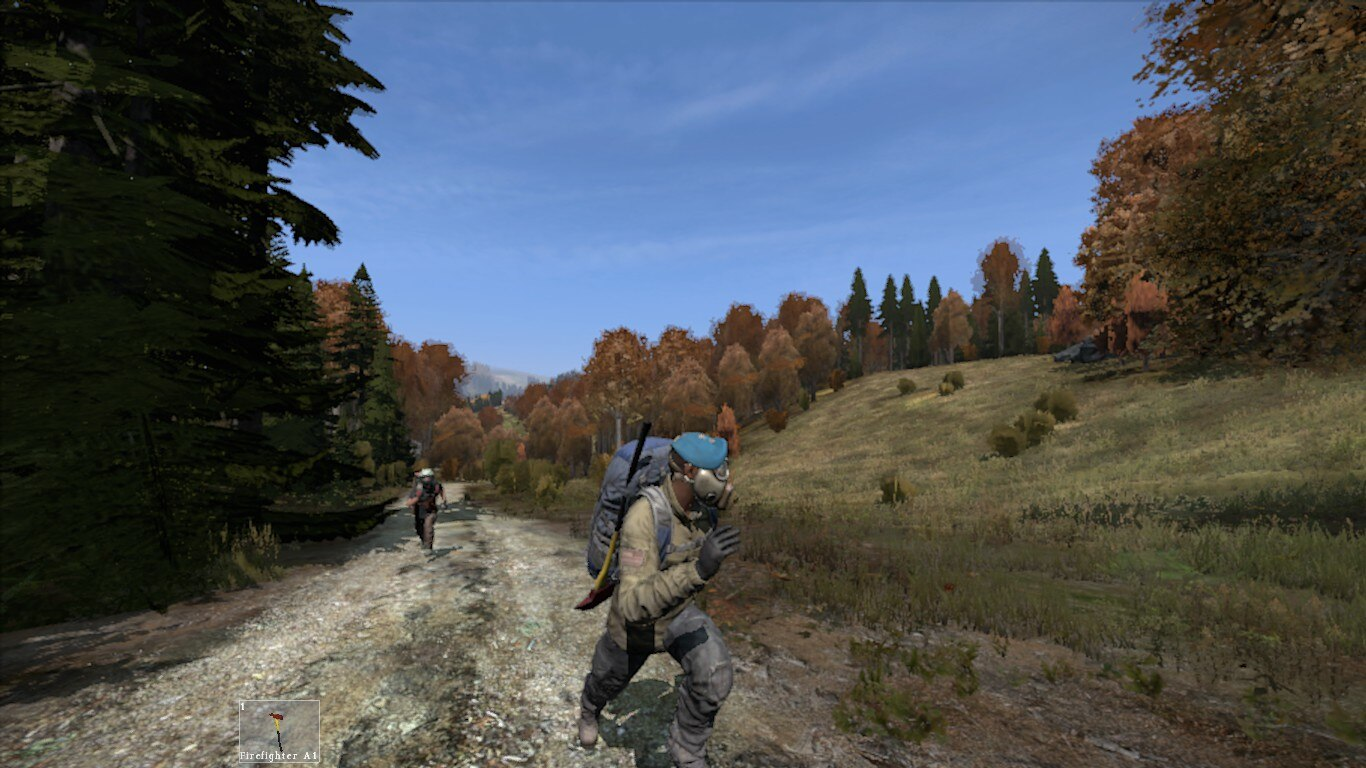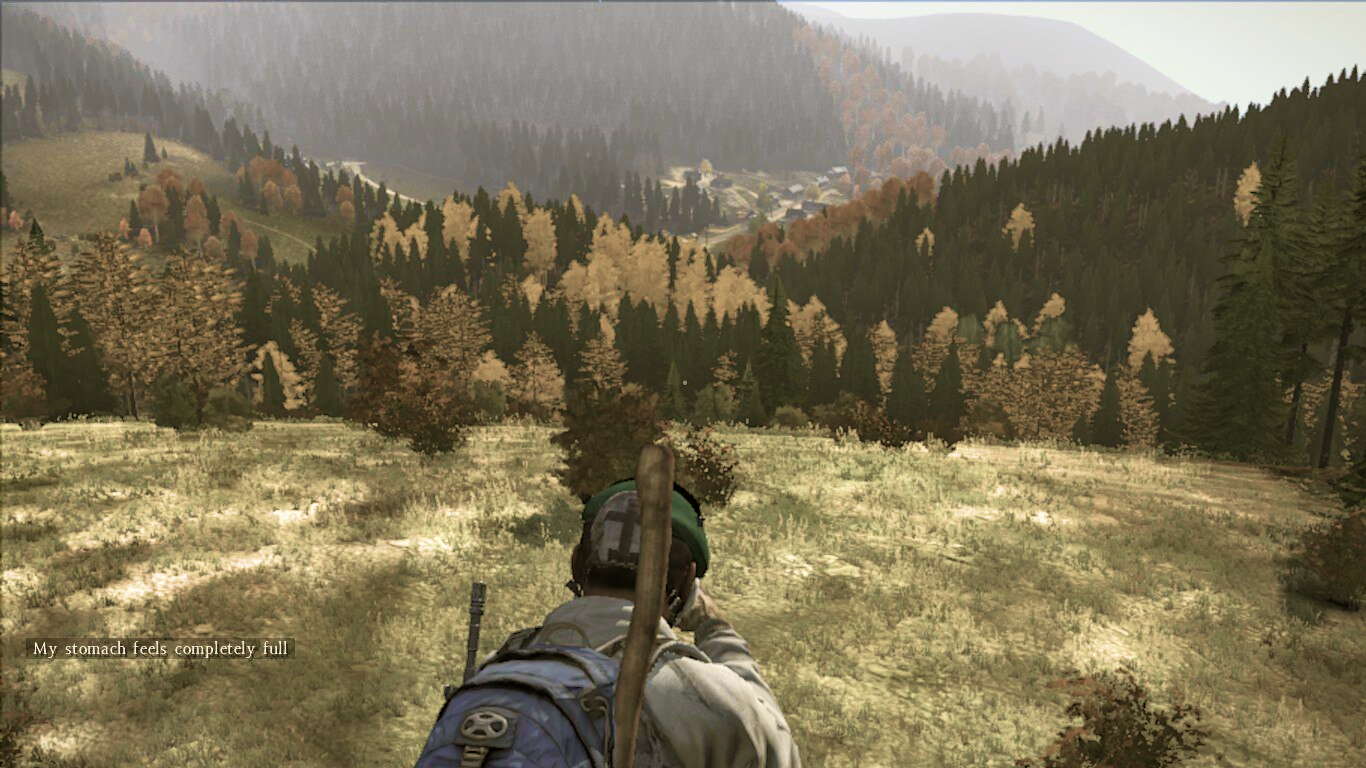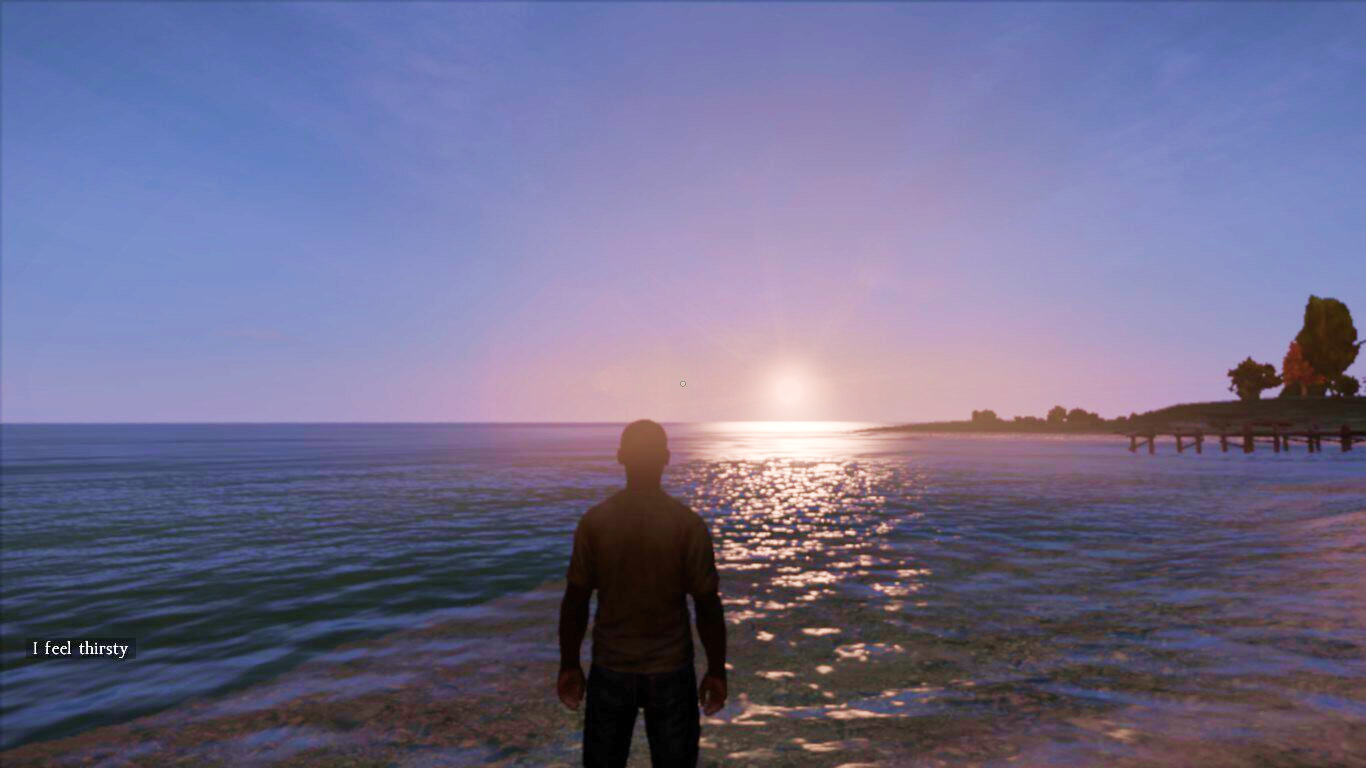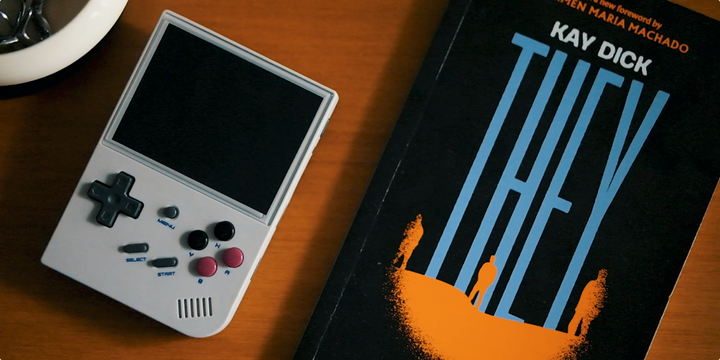All I Know is I Could Never Go Back

Back in 2013, I owned a potato of a computer that could barely run anything. At that time, the first public early-access version of DayZ had just been released, and I was excited about its promises, despite its infamous reputation. I wanted to share my story about the game, focusing less on technical aspects and Bohemia Interactive's shortcomings.
During the winter break, I invited my friend to stay over so we could both experience DayZ for the first time. It was a daunting start as we had no map in the game, making it difficult to find each other. We died and were revived repeatedly while exploring the vast and unfamiliar landscape. However, as we continued, we began to recognize the different features of the environment - the sea, the forest, signs, and buildings - which helped us create a mental map in our heads. Finally, we managed to find each other, and the sense of accomplishment was immense, even though my friend was sitting next to me, playing on his computer.

Our primary goal was to survive, avoiding infection, starvation, and attacks. Though we encountered setbacks and had to restart several times, we gradually learned how to stay alive and gather enough resources to meet up again. Initially, we thought the zombies would be our main foes, but it soon became evident that it was the unpredictability of other players that posed the real challenge. DayZ's open world, shaped by real people rather than NPCs or predefined stories, brought both terror and excitement to our experience.
This realization both terrified and thrilled us. The randomness of encounters, the betrayals, and the complexities of human interaction enriched our experience beyond imagination. There were fleeting moments of help and fellowship, but they often yielded to the harsh realities of this virtual realm.
Yet, amid the turmoil, we found solace in the quiet beauty of the landscape. Sitting amidst vast green plains, gazing into the nearby forest, offered a peaceful respite from the chaos surrounding us.

The opportunity to explore the dark and dangerous country of Chernarus was a remarkable experience that DayZ offered us. Though many years have passed, the memories of that short winter break adventure remain vivid in my mind. It made me more aware of human nature, the significance of trust, the need for societal rules, and why we establish and abide by them. It was an experience I couldn't easily replicate.
Even in imperfect or unpopular games, we find the power to create our own unique experiences. DayZ, with its flaws, showed me that the true artistry of video games lies not just with the creators but also with the players.

Through our exploration, collaboration, and choices, we can create our narratives and weave unforgettable moments. The truth is that reviews and criticisms do not define the worth of your experience. Don't let others' experiences diminish the significance of the moments we create in video games.




